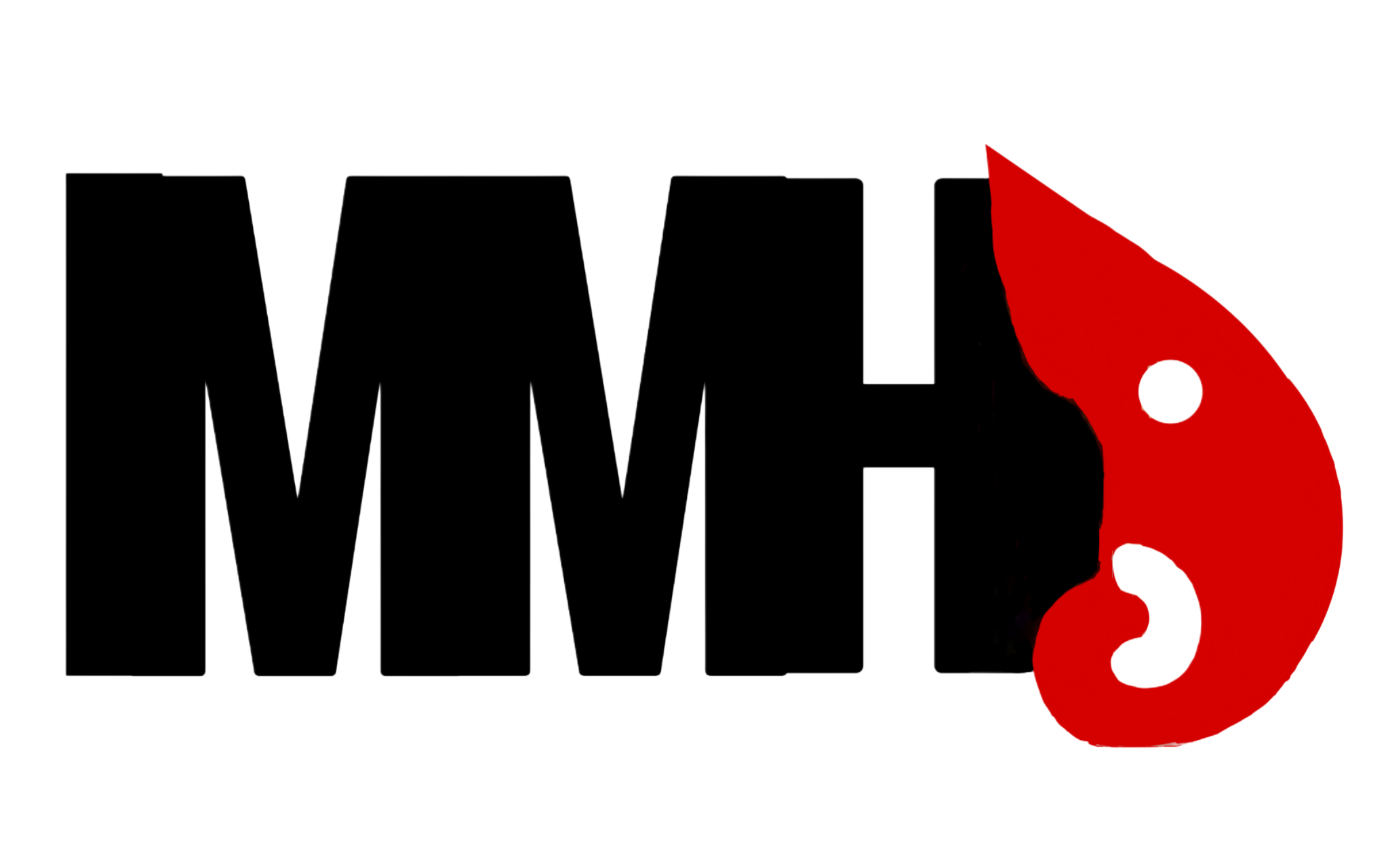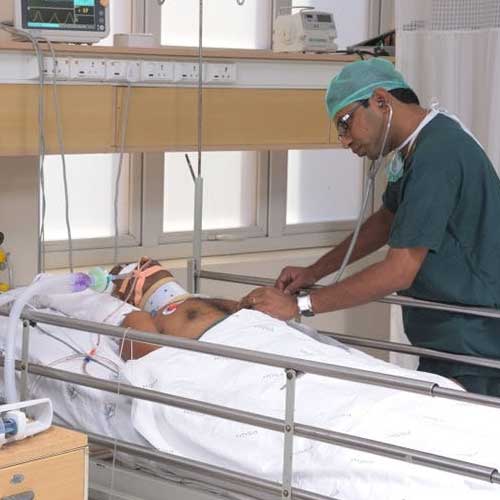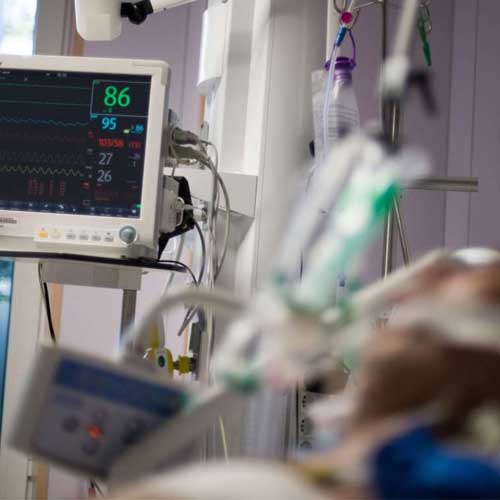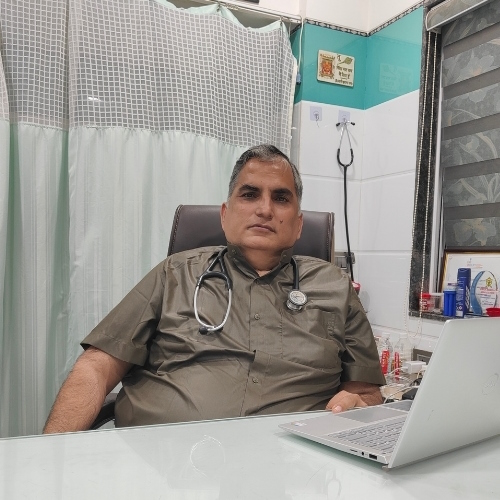At Minaai Hospital, our capacity to save the most critical lives hinges on our Intensive Care Unit (ICU). The full form of ICU is “Intensive Care Unit,” sometimes called a Critical Care Unit (CCU) or Intensive Therapy Unit (ITU). This specialized ward provides round-the-clock monitoring, advanced life-support equipment, and a multidisciplinary team of healthcare professionals dedicated to managing life-threatening conditions.
When should a patient be admitted to the ICU at Minaai Hospital? Patients with severe cardiac events, respiratory failure, post-operative complications, major infections like sepsis, or trauma from accidents are prime candidates for ICU care at our facility. Unlike a regular ward, the ICU is equipped with ventilators that control breathing, cardiac monitors tracking vital signs in real time, infusion pumps for precise medication delivery, dialysis machines for kidney support, and defibrillators for emergency cardiac resuscitation. Each ICU bed is ergonomically designed for quick access from all sides, ensuring rapid intervention.





